Hollywood and stage legend Al Pacino opened up about his brush with death after contracting COVID-19 before vaccines were readily available in 2020.
The 84-year-old Oscar winner, known for acting in films like The Godfather (1972) and Scent of a Woman (1992), interviewed with the New York Times ahead of the release of his memoir Sonny Boy, chronicling his New York childhood, work in New York's avant-garde theater scene during the 1960s and '70s, and Hollywood breakthrough.
In the interview, Pacino recalled falling ill with a "bad" case of COVID which started after he felt "unusually not good" before catching a fever and becoming severely dehydrated.
Said the iconic actor per the Huffington Post:
“So, I got someone to get me a nurse to hydrate me. I was sitting there in my house, and I was gone. Like that. I didn’t have a pulse."
He continued:
"In a matter of minutes they were there—the ambulance in front of my house."
"I had about six paramedics in that living room, and there were two doctors, and they had these outfits on that looked like they were from outer space or something.”
When he eventually regained consciousness, Pacino found it shocking to awaken to a crowd of people hovering over him.
“Everybody was around me, and they said, ‘He’s back. He’s here.'”
He also spoke with People magazine and reflected on his health emergency, saying:
"I thought I experienced death. I might not have. I don't think I have, really. I know I made it."
"I don't think I died. Everybody thought I was dead. How could I be dead? If I was dead, I fainted."
Pacino credited his survival to his "great assistant Michael Quinn," who immediately contacted paramedics at the first sign of serious physical distress.
"He got the people coming, because the nurse that was taking care of me said, 'I don't feel a pulse on this guy,' " recalled Pacino of Quinn.
When the New York Times asked the famed thespian if the scary medical emergency had any “metaphysical ripples," he replied:
“It actually did. I didn’t see the white light or anything. There’s nothing there.”
Taking a cue from his close-call anecdote, people waxed philosophical about death-related experiences.
Pacino continued:
“As Hamlet says, ‘To be or not to be’; ‘The undiscovered country from whose bourn, no traveler returns.’ And he says two words: ‘no more.'“
"It was no more. You’re gone. I’d never thought about it in my life. But you know actors: It sounds good to say I died once. What is it when there’s no more?”
Pacino admitted his perspective and his mortality have evolved over the years but credits his family and decades-long career for keeping him at peace.
“It’s natural, I guess, to have a different view of death as you get older," he said, adding, " It’s just the way it is. I didn’t ask for it. Just comes, like a lot of things just come.”
Sonny Boy, according to its publisher Penguin Random House, is the “memoir of a man who has nothing left to fear and nothing left to hide.”
The statement continued:
“All the great roles, the essential collaborations, and the important relationships are given their full due, as is the vexed marriage between creativity and commerce at the highest levels.”
“The book’s golden thread, however, is the spirit of love and purpose. Love can fail you, and you can be defeated in your ambitions–the same lights that shine bright can also dim."
"But Al Pacino was lucky enough to fall deeply in love with a craft before he had the foggiest idea of any of its earthly rewards, and he never fell out of love. That has made all the difference.”
Pacino said he wrote Sonny Boy to "express what I've seen and been through in my life."
"It has been an incredibly personal and revealing experience to reflect on this journey and what acting has allowed me to do and the worlds it has opened up."
"My whole life has been a moonshot, and I’ve been a pretty lucky guy so far.”
Sonny Boy will be available on October 15.

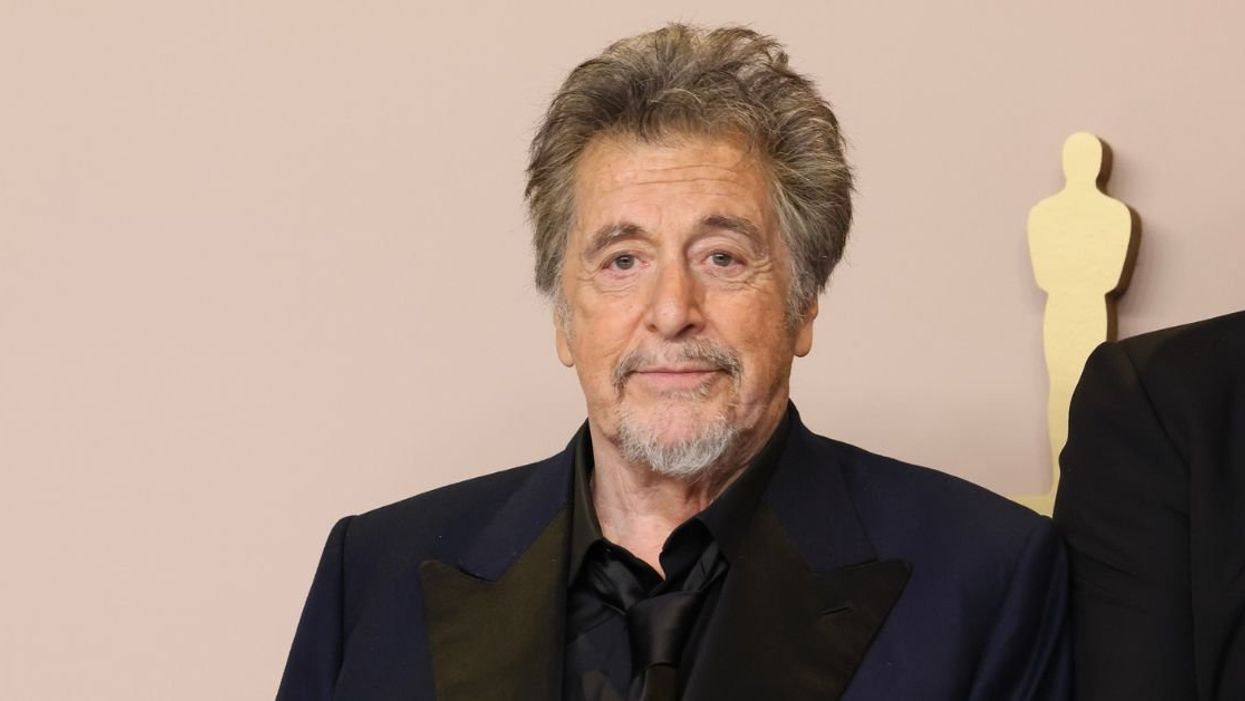

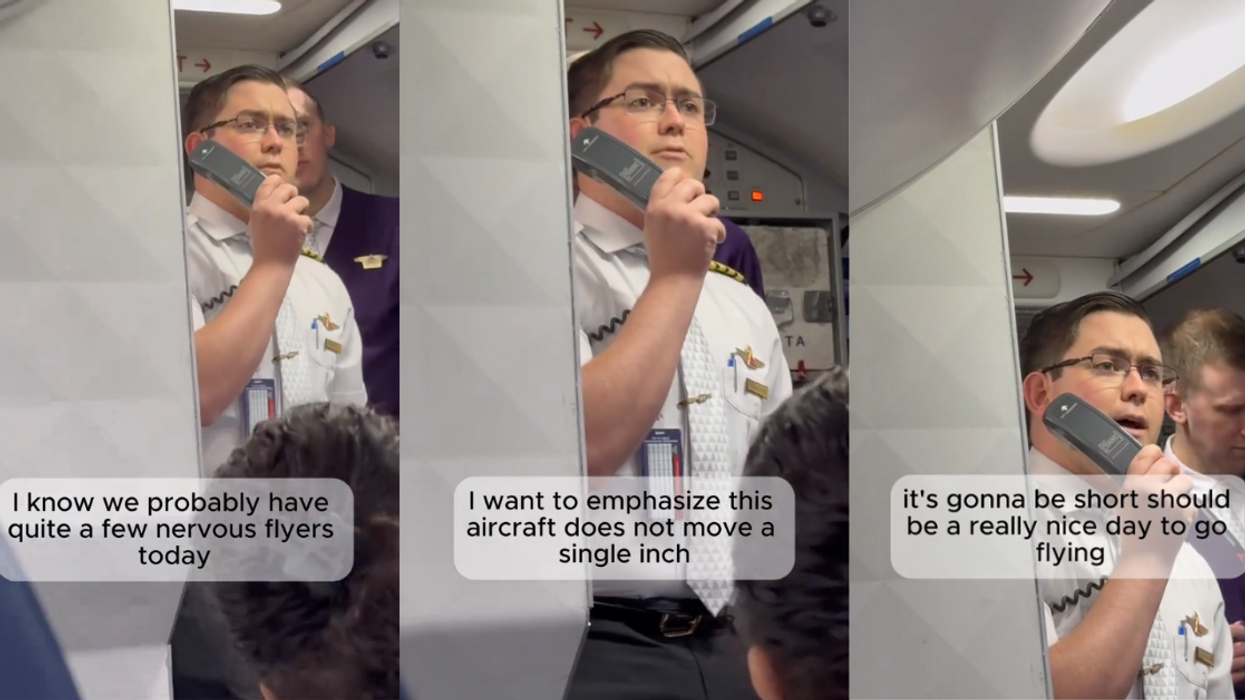
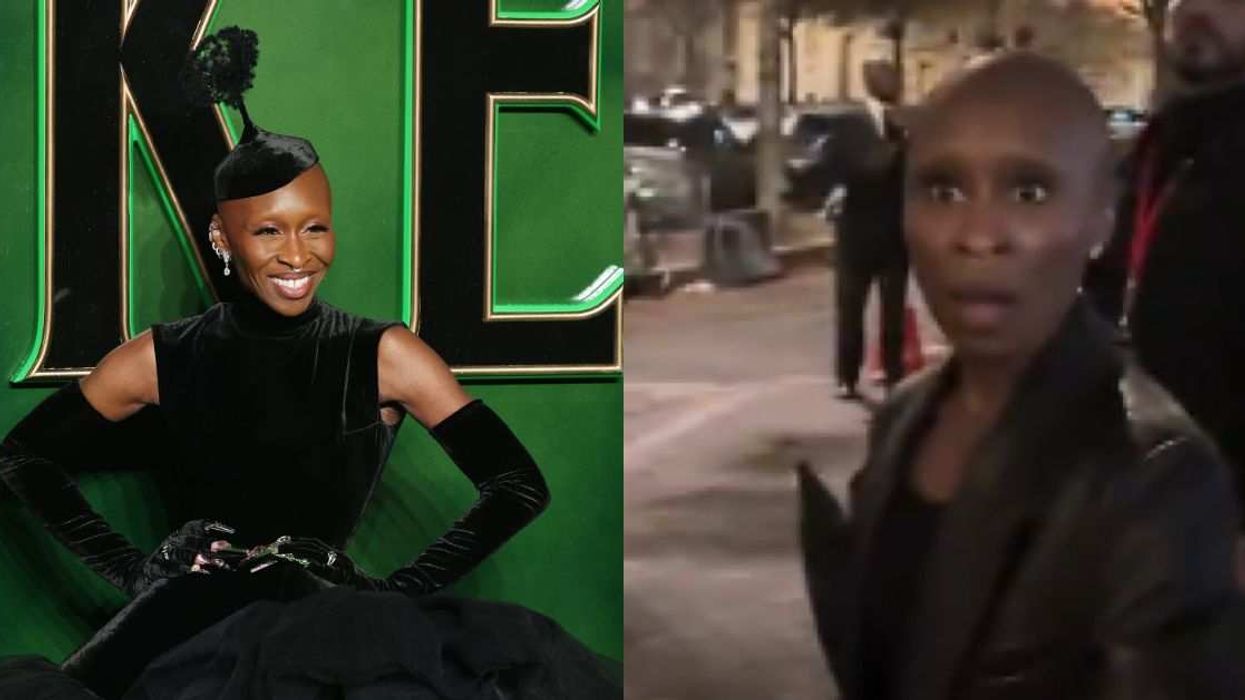
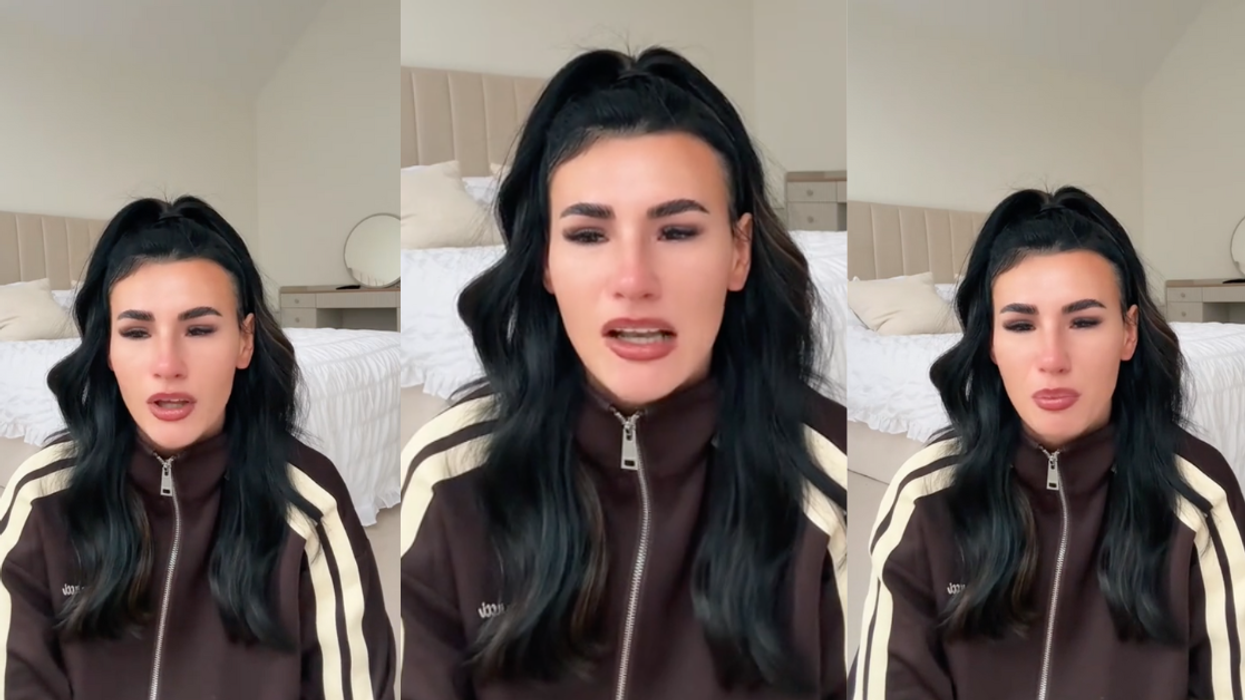
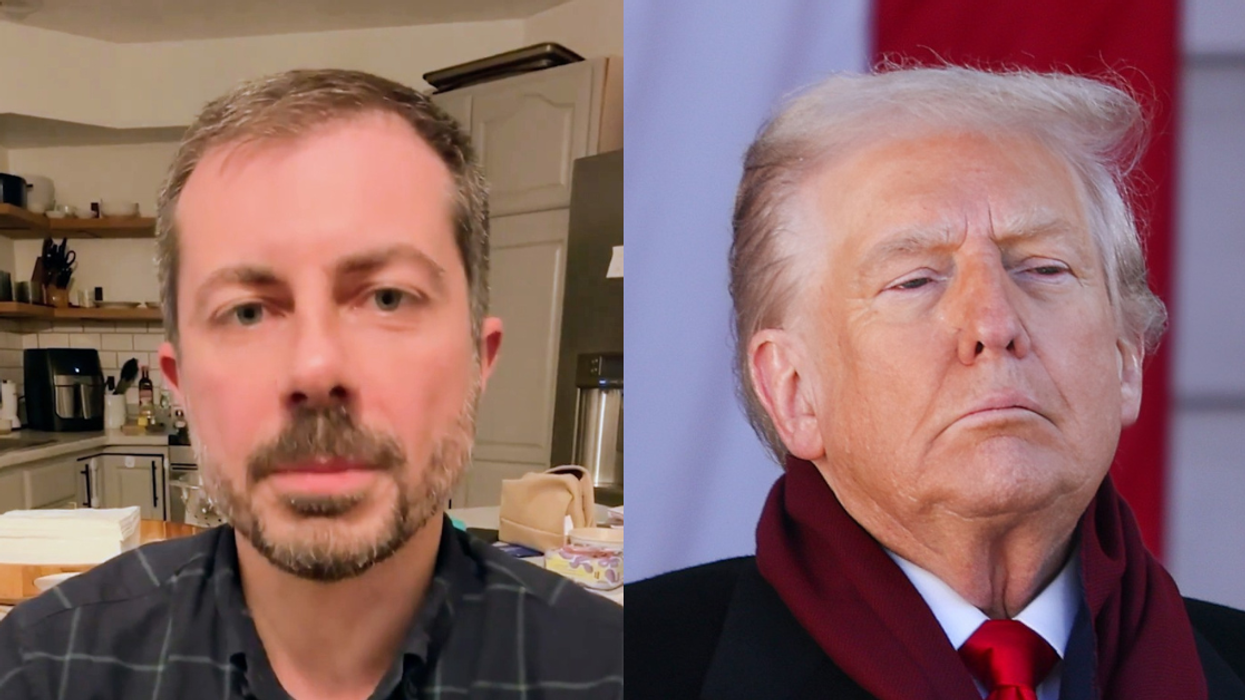

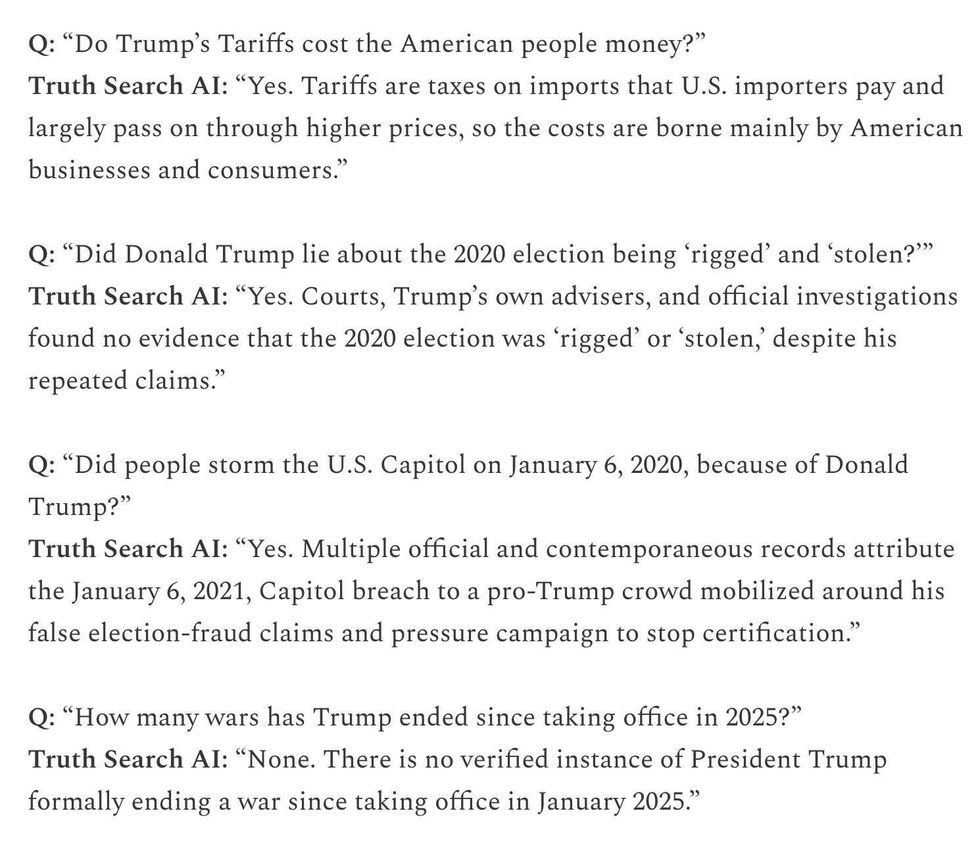 The Bulwark
The Bulwark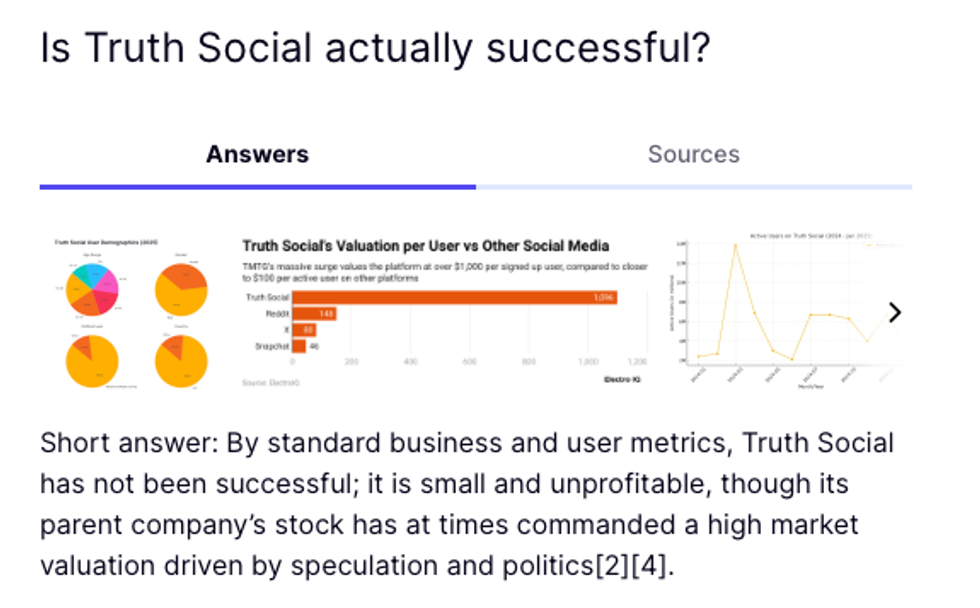 Truth Search AI
Truth Search AI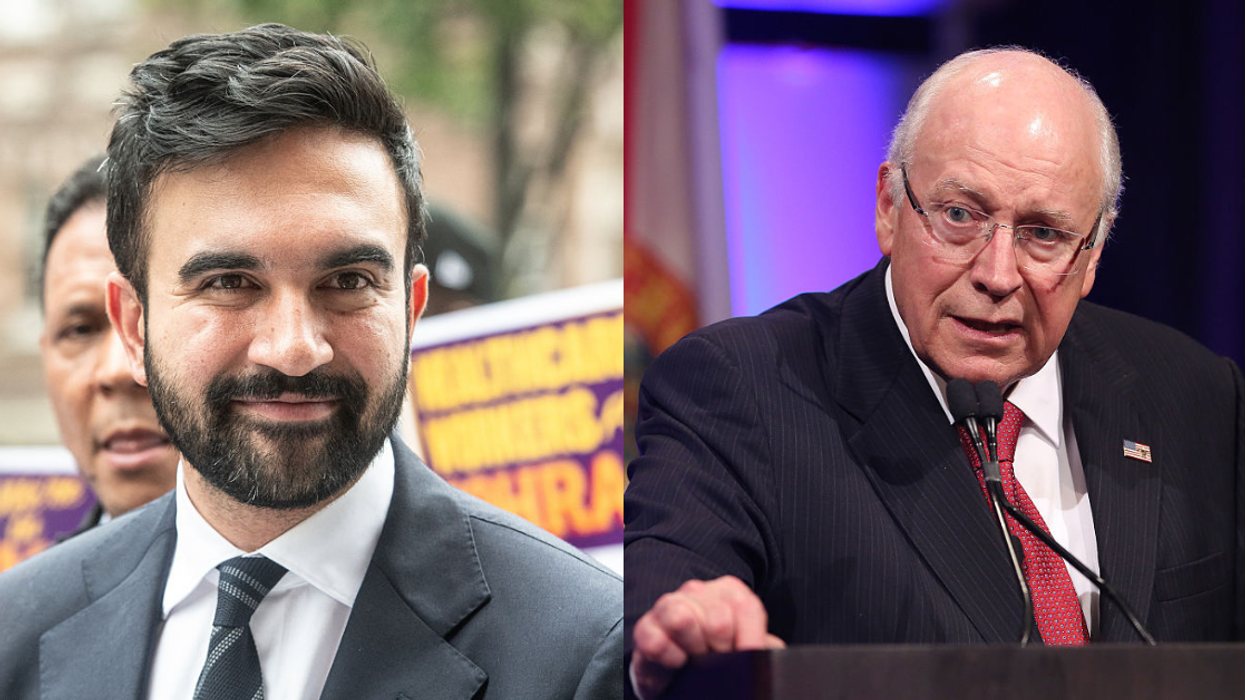



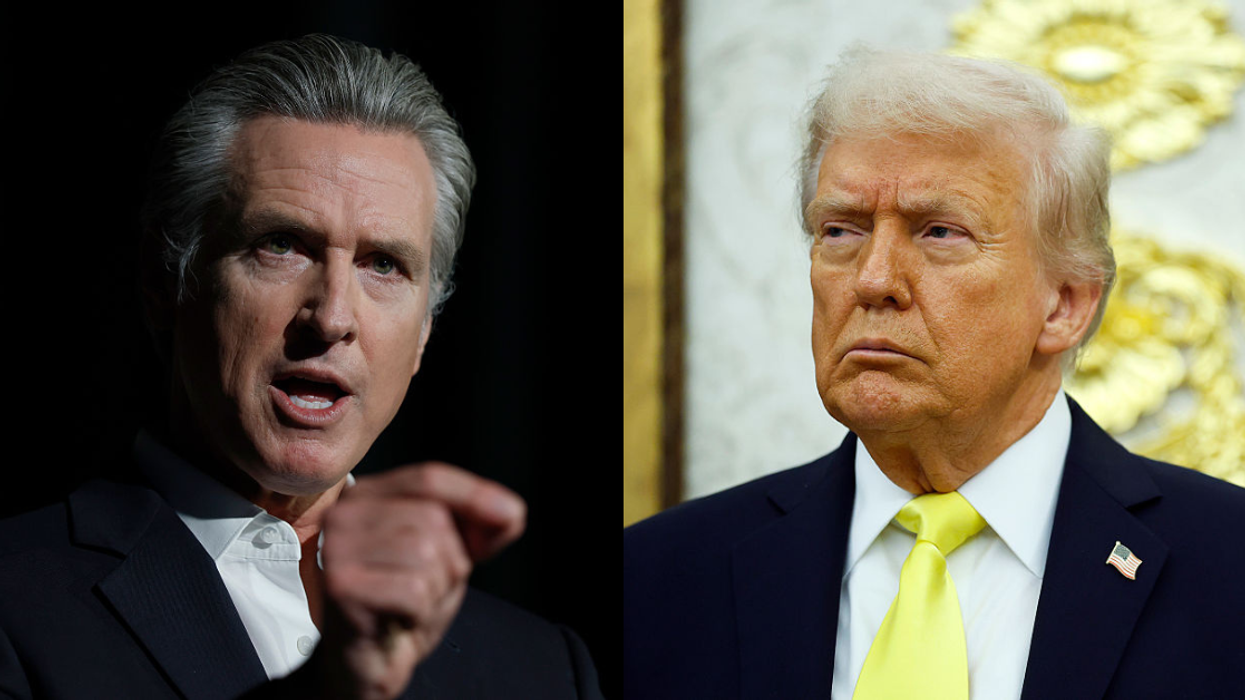

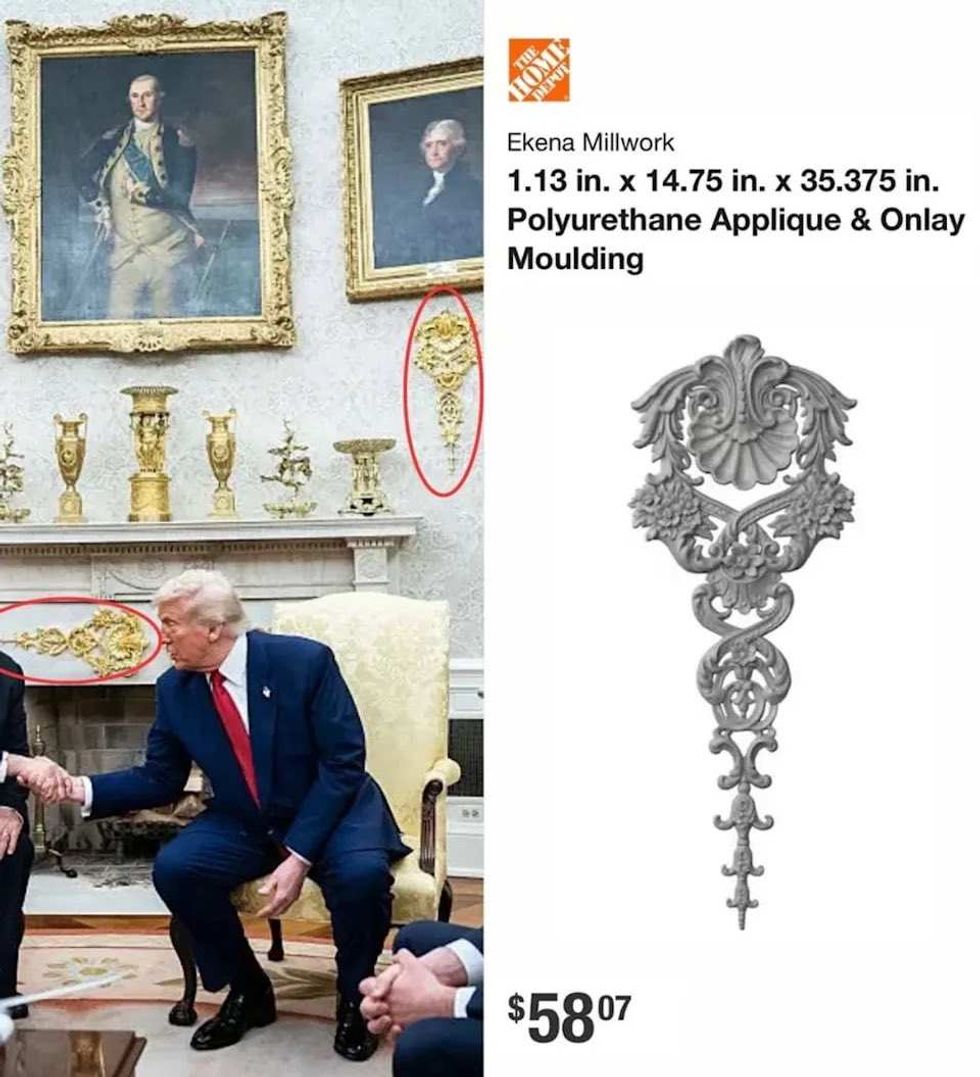 @adamscochran/X
@adamscochran/X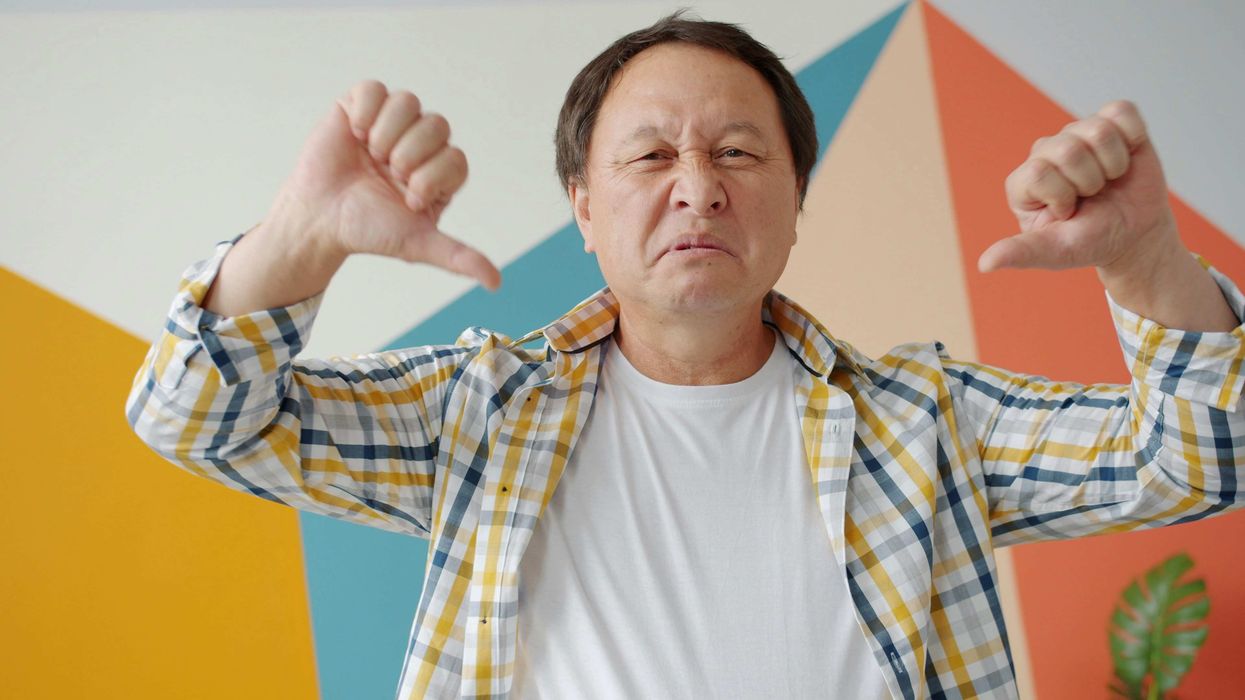
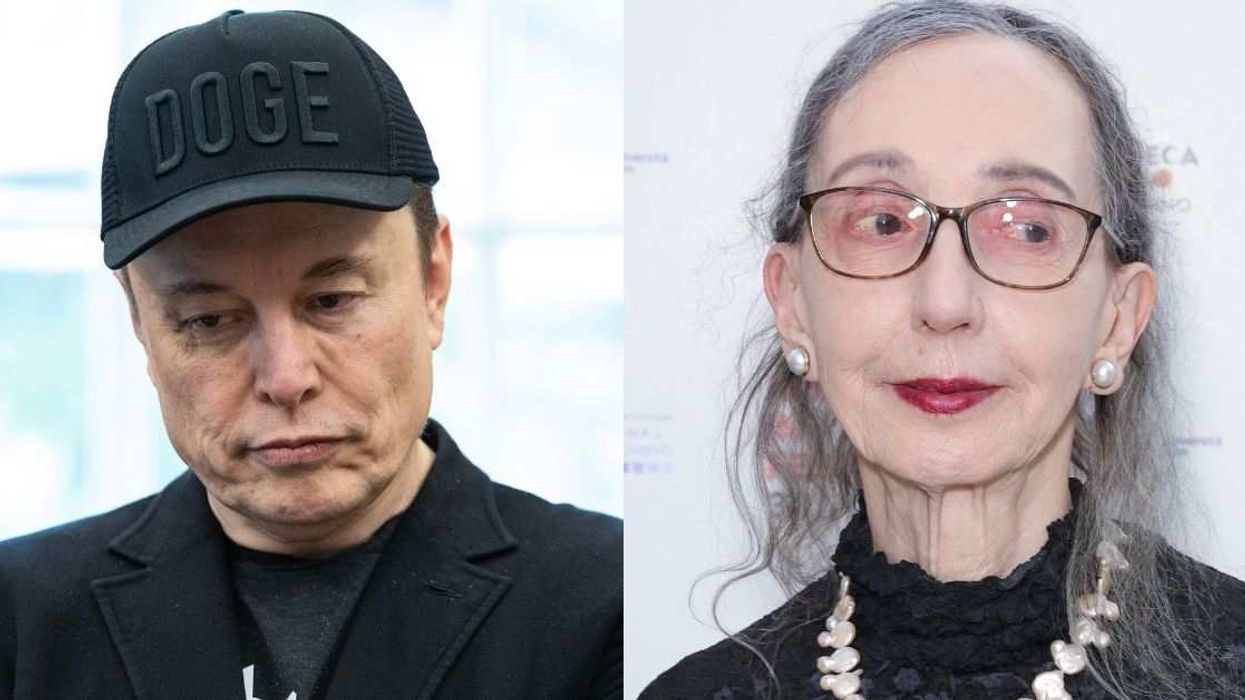
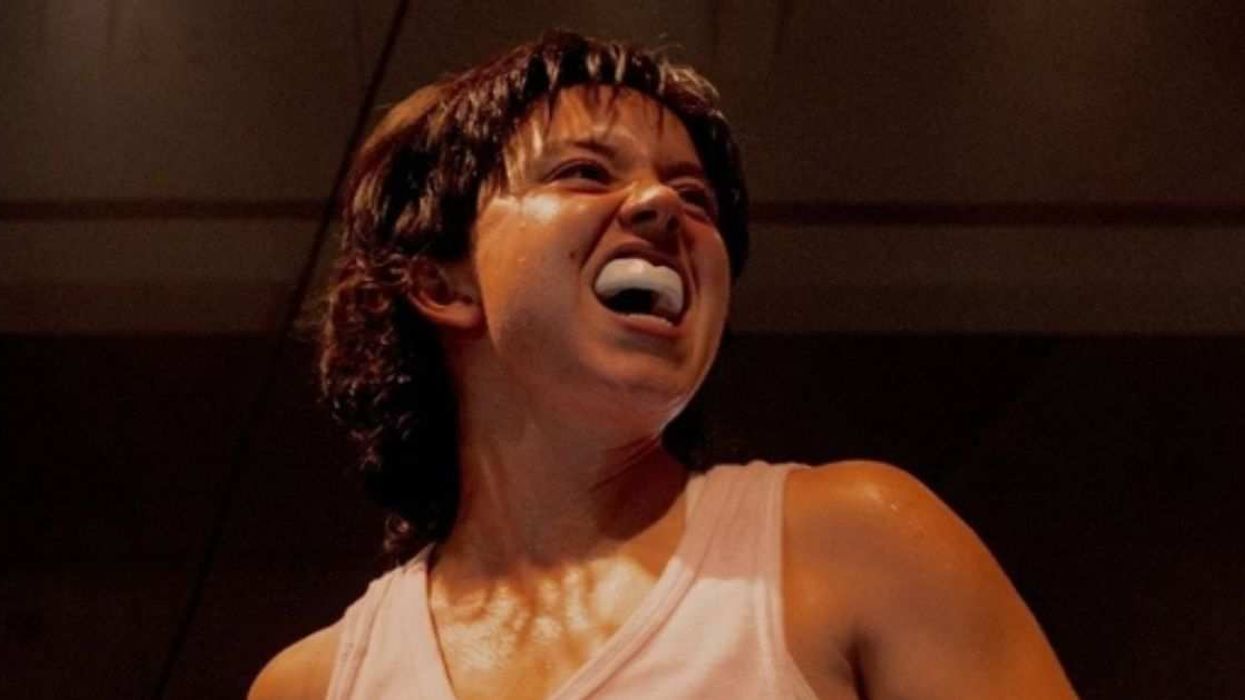
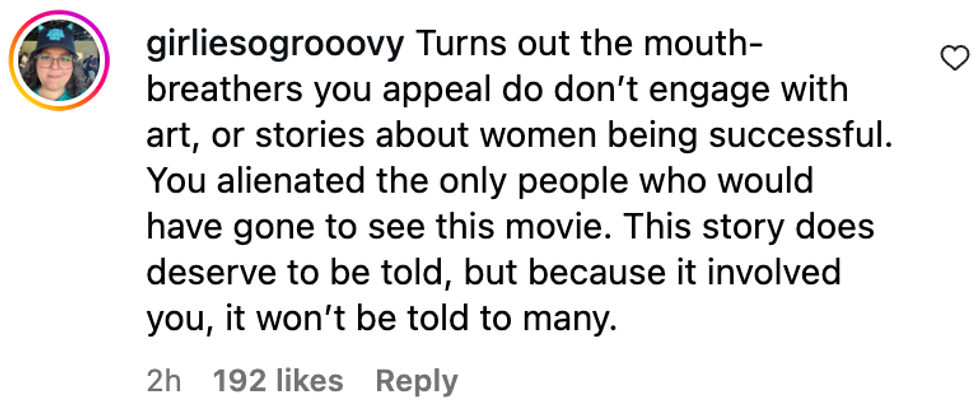 @
@ @albiefb/Instagram
@albiefb/Instagram @mold3.2/Instagram
@mold3.2/Instagram @valeorrca10/Instagram
@valeorrca10/Instagram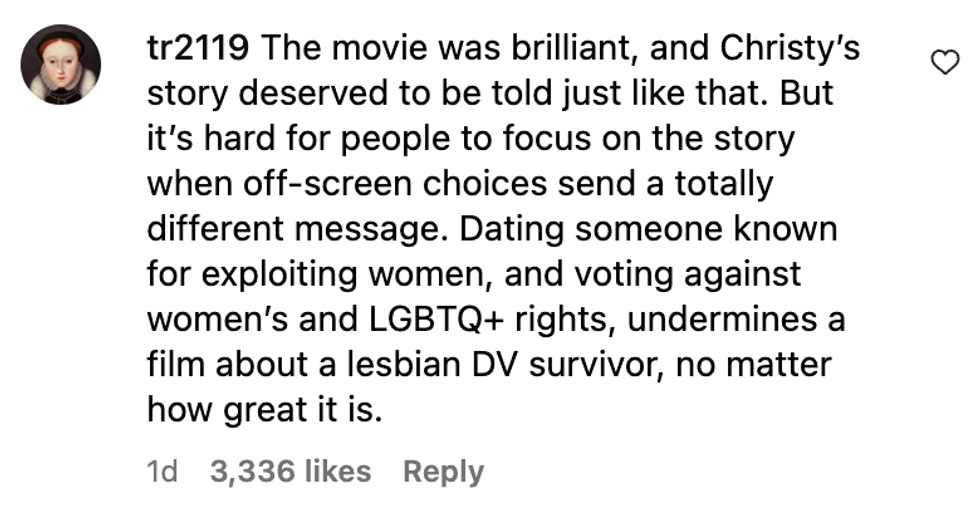 @tr2119/Instagram
@tr2119/Instagram @daysha_hinojosa/Instagram
@daysha_hinojosa/Instagram @empowhersisterhood/Instagram
@empowhersisterhood/Instagram @mulholland_drive_by/Instagram
@mulholland_drive_by/Instagram @diorsb3lla/Instagram
@diorsb3lla/Instagram @touchofgray5/Instagram
@touchofgray5/Instagram @chelyjauregui10/Instagram
@chelyjauregui10/Instagram @americaneagle/Instagram
@americaneagle/Instagram